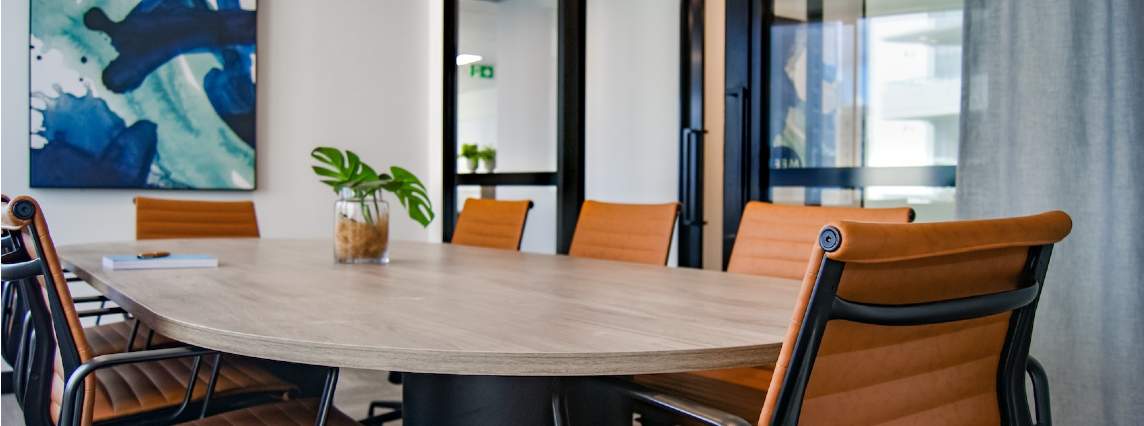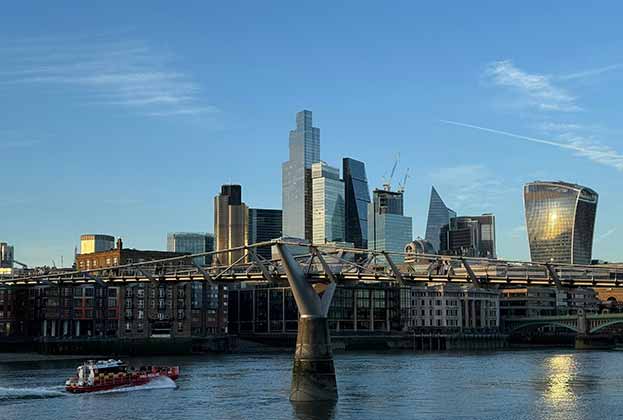The biggest home office experiment of all time is still underway and it seems to work for some. Bosses from Fujitsu, Siemens and Twitter, to name but a few, are saying that they want their employees to use mobile working in the future. Many employees might be happy about this, as more and more studies are revealing.
Some take this as an opportunity to claim that the office is dead. However, the surveys also show that the home office is not a place where everyone is able to or wants to work. Others take this as a reason to claim that the experiment has failed, and everything (once Covid-19 is resolved) should remain the same.
Both positions ignore the other group and therefore ultimately will prove to be wrong. Neither the office nor the home office is the superior place to work.
Instead, every organisation, team and ultimately every employee will have to find out for themselves and decide what is the optimum mix of working from home, the office or another location. And they will have to reassess their answer again and again, as circumstances change over time.
New findings, for example on the long-term consequences of mobile working for corporate culture and employee loyalty, will also lead to adjustments. Some companies will be further along in this ‘optimisation process’ than others, but no one has so far found the ideal solution. And if they did, it would only be temporary.
So what does this mean for office landlords and investors? Firstly, that the office is alive, not dead. After all, we have had the technology to be able to work from any location for 10 or 20 years but that hasn’t stopped companies from buying or leasing space.
Secondly, to assume that nothing will change would be naive. The number of people who do not work in a traditional office workplace has been rising for many years. This alone has had an impact on the demand for office space, but we barely felt it because the development was slow and mobile workers were a small minority.
Covid-19 has turned this group into the majority, at least temporarily. Hundreds of millions of office workers worldwide have simultaneously learned to work from home (or from any other location). Some will want to keep this option, others will not.
Thirdly, any forecasts about the future of the office should be treated with caution. They are necessarily speculative while most users are still in the process of defining their future office space requirements. For owners, the task now is to find out what kind of office space users want in the future and how their needs have changed or will change.
So what could be more obvious than to talk to their own tenants in order to clarify precisely these questions? The answers provided are ultimately the key to the future of the office.


(1).jpg)

.jpg)



.jpg)

